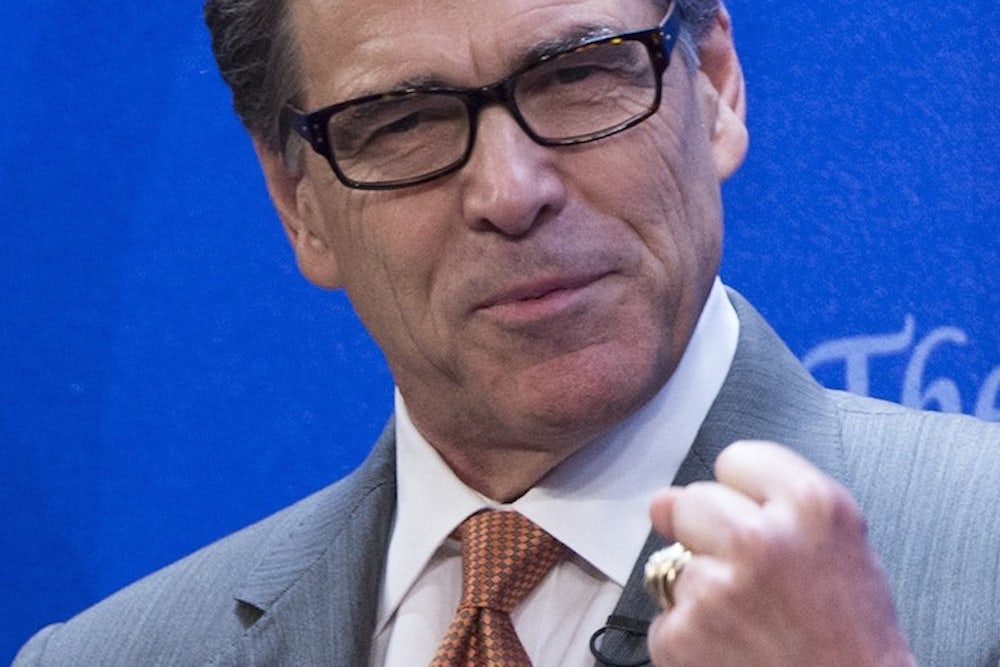In theory, the political equality of the polling place is supposed to be a counterweight to the inequality of wealth and power in the economy. According to the theory, anyone can vote, and anyone’s vote is worth as much as anyone else’s. But the Supreme Court, with its conservative majority, is bent on undermining the promise of American democracy. The Roberts court began to do this in Citizens United v. FEC and McCutcheon v. FEC by allowing the wealthy inordinate influence over campaign outcomes through contributions, which need not even be disclosed. The latest salvo is the court’s decision last week to allow Texas’ restrictions on voting to go into effect in spite of a district court’s ruling that they were unconstitutional. Texas’s laws, like those in other Republican-dominated states, have an ostensible political purpose, but their effect is to reinstitute barriers to voting that two centuries of fierce conflict had finally removed.
Texas’ Republican legislature began almost a decade ago to promote a law that would require special identification at the polling place. They finally passed a bill, which Governor Rick Perry jubilantly signed, in May 2011. In 2012, the Justice Department blocked implementation of the law under the Voting Rights Act. But a year later, the Supreme Court threw out the provision of the Voting Rights Act that allowed the Justice Department to deny the approval of voting rules in Texas and other states that had been guilty of violating minority rights. Texas’s Attorney General Greg Abbott, who is now running for governor, immediately declared the law in effect for the 2014 elections.
The story doesn’t end there. Earlier this month, a Texas district court ruled the law was unconstitutional. The law, judge Nelva Gonzales Ramos wrote, “creates an unconstitutional burden on the right to vote, has an impermissible discriminatory effect on African-Americans and Hispanics, and was imposed with an unconstitutional discriminatory purpose.” Then, earlier last week, a New Orleans appeals court allowed the law to go back into effect until the appeal on the district court’s ruling was finally heard, presumably by the Supreme Court. The Supreme Court, with justices Ruth Bader Ginsburg, Sonia Sotomayer, and Elena Kagan dissenting, affirmed the appeal court’s ruling. Its ruling represented a triumph for Perry, Abbot, and Texas’s Republican legislature.
Perry claimed that the law would “uphold the integrity of our state’s electoral process and insure our state has passed the proper protections against voter fraud.” The law, which requires a photo ID, was intended to prevent voter impersonation, but as Ramos pointed out, Texas had uncovered exactly two cases of voter impersonation from 2001 to 2011. Its real purpose was to forestall a demographic time bomb that could threaten Texas’ Republican majority. From 2000 to 2010, 78 percent of Texas’s population increase consisted of African-Americans and Hispanics, who could be expected to support Democrats rather than Republicans. If those population trends were to continue, and if the new Hispanic voters (who made up the bulk of the population increase) were to flock to the polls, Republicans could be doomed.
So the law requires that voters bring passports, drivers licenses or special documents obtained from the Texas Department of Public Safety to the polls. These can include, for instance, concealed weapon permits, but not student identification. Over 600,000 of currently eligible Texas voters are believed to lack the proper identification, and obtaining them can cost as much as several hundred dollars and require hours of travel for citizens who do not live in towns that have DPS offices. The law also seeks to discourage registration drives by imposing restrictions on registrars. They must be residents of the same county in which they seek to register voters, must submit to special training classes in that county (which are given infrequently), and are subject to criminal prosecution if they don’t submit their registration forms within five days.
Ramos ruled that Texas’ law violated the first and fourteenth amendments and also the twenty-fifth amendment, which prohibits poll taxes on voters, but if, as expected, the district court’s ruling makes its way to the Supreme Court, the court’s majority may well uphold the law. The court majority has displayed indifference to racial and economic discrimination and to measures that undermine the political equality of the electoral system. As for the Republicans who now advocate these measures, they are a throwback to the post-bellum racists of the South who passed restrictions on voting that were ostensibly race neutral—requiring fees or the passage of literary tests—but were intended to prevent the South’s blacks from voting. The new restrictions are also directed against African-Americans, but the main target is Hispanic voters who today’s Texas Republicans fear are poised to take over their state. The older measures were underlain by notions of racial superiority; these new ones by a narrow xenophobic nationalism. And as it took more than an increase in judicial understanding to overcome Plessy v. Ferguson, it will take more than eloquent dissents to overcome the evils of Citizens United and of Texas’s new voting restrictions.
